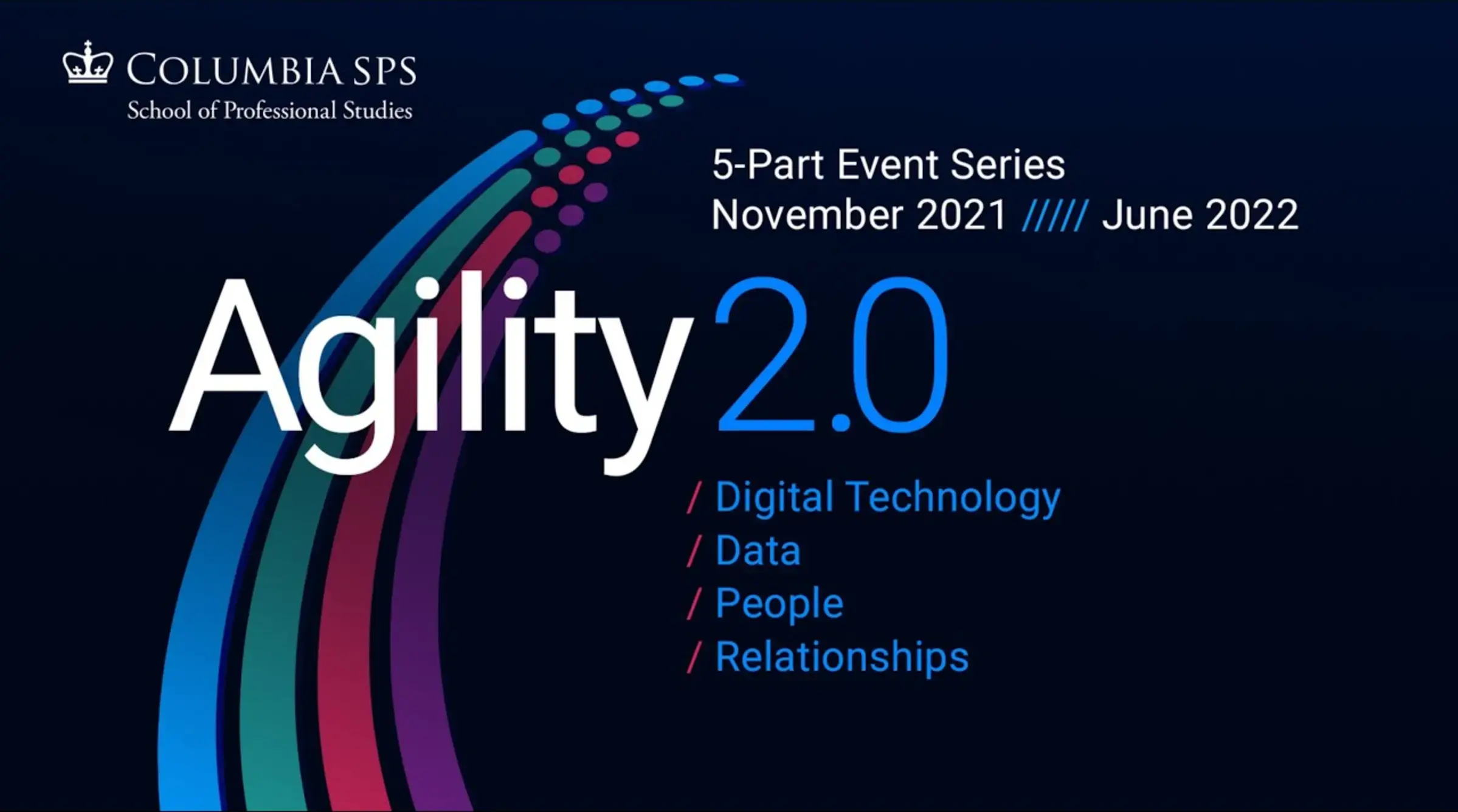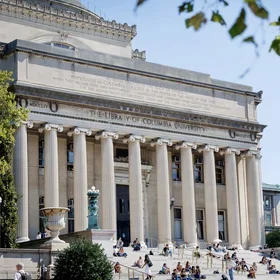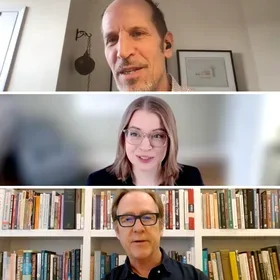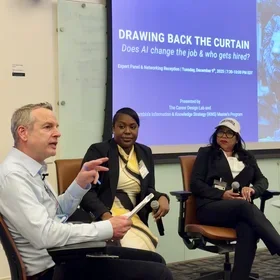Recently, students, alumni, and guests of the M.S. in Information and Knowledge Strategy program tuned in to hear about building networks among the world’s small island developing states (SIDS) to create sustainable development solutions.
Part of the IKNS Conversations that Matter series, Arno Boersma, Founder of Island Impact and Former Director of the COE for Small Island Developing States of the UNDP, spoke with moderator Katrina Pugh on January 21 about the benefits of looking at SIDS as case studies for climate change problem-solving. Boersma, who has been based in Aruba for the last four years, called these countries the “canaries in the coal mine,” in terms of climate change policies. While they don’t contribute majorly to the problem globally, they will feel the effects first, and within a few decades, some of these Caribbean and Pacific islands may fall under the rising sea levels.
But because the scale of their climate change policies is smaller, the impact can often be larger. “An awareness campaign can reach the whole country within a week,” Boersma said. Unfortunately, this cuts both ways. Because the issues facing small islands are interrelated, they are more vulnerable to disruption due to crises, like COVID.
“In Aruba, ninety percent of the economy is dependent on tourism,” Boersma said. When that is disrupted, it has an enormous impact on the entire country. Today, food and fuel are mostly imported to small islands on the same planes that tourists fly. Since the pandemic started, many SIDS have started tapping back into indigenous knowledge to counteract the negative effects of COVID restrictions on tourism and commerce.
Fortunately, SIDS have started convening across the globe to share knowledge and solutions to common problems by building networks, facilitated by the UN. Networks are defined by knowledge professionals as groups of people crossing organizational boundaries to co-create the opportunities that they couldn’t do alone, often involving sharing knowledge and creating different knowledge objects together. Often, Boersma stated, “the solution is already out there.” Someone in Jamaica has already solved the problem they’re facing in Vanuatu, and through sharing this knowledge, these countries are working to raise each other up, and band together to fight climate change.



